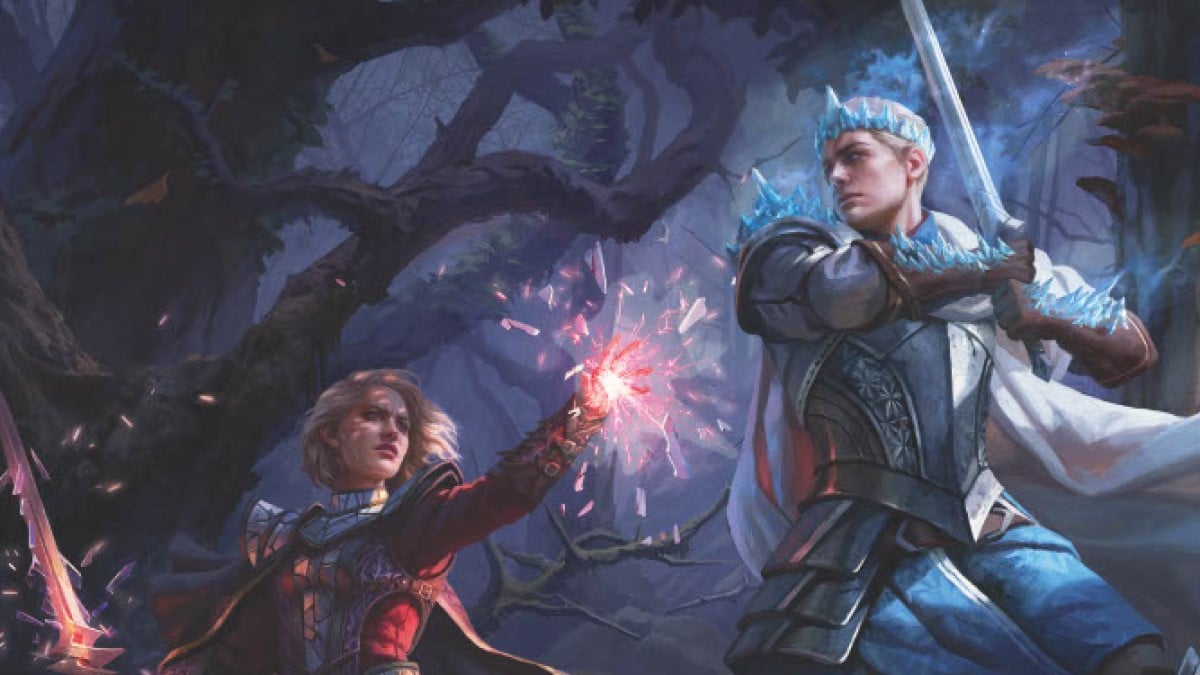In a startling revelation, Wizards of the Coast (WotC) has publicly confessed to employing artificial intelligence (AI) in their recent marketing material for the iconic card game, Magic: The Gathering (MTG). This admission comes on the heels of a vehement backlash from MTG artists, who expressed their discontent with the use of AI in the creation of promotional images. The controversy has not only raised questions about WotC’s ethical stance but has also led to one artist publicly disavowing any future involvement with the game.
WotC’s acknowledgment and accountability
Wizards of the Coast addressed the growing concerns within the Magic: The Gathering community by confirming that AI was indeed utilized in the crafting of a marketing image for Ravnica Remastered. The acknowledgment came through a series of posts on Twitter on January 7, where WotC admitted fault and emphasized their commitment to ensuring human involvement in all aspects of artistic creation for MTG. This unexpected revelation has sparked a renewed discussion about the role of AI in the realm of art, especially within the context of a popular and beloved game like MTG.
In response to the controversy, Wizards of the Coast has taken accountability for the marketing blunder and expressed a commitment to reassessing their collaboration with vendors. The company, known for its dedication to craftsmanship and creativity, acknowledges the need to align vendor practices with their values. This introspective evaluation extends beyond the development of the card game itself, reaching even promotional materials. WotC’s stance on AI in creative processes is being scrutinized, and this incident has prompted the company to ensure that their commitment to human-driven art extends to all facets of MTG production.
Artist backlash and departures
The revelation of AI utilization in the promotional image has not been met with universal approval within the MTG artist community. Notably, Dave Rapoza, an acclaimed artist associated with the game, accused WotC of hypocrisy in their approach to AI implementation. Rapoza declared his departure from working on Magic: The Gathering, citing concerns over the company’s ethical stance. His sentiments were echoed by other artists, highlighting a collective dissatisfaction within the artistic community associated with the card game. The departure of influential artists raises questions about the potential impact on the quality and identity of future MTG art.
Wizards of the Coast faces the daunting challenge of rebuilding trust with the artists who were deeply affected by the revelation of AI utilization. The company’s commitment to ensuring that such incidents do not recur appears sincere, but the true test lies in whether it will be enough to assuage the concerns of artists like Dave Rapoza. The aftermath remains uncertain, with questions lingering about the future dynamics between WotC and its artistic collaborators. Can this acknowledgment and commitment to change mend the strained relationship between WotC and the MTG artist community?
Wizards of the Coast’s path to artist reconciliation
As Wizards of the Coast navigates the aftermath of acknowledging AI use in MTG marketing, the art community awaits to see whether the company’s reassurances and commitment to change will be sufficient. The departure of influential artists adds complexity to an already intricate situation. The question remains: Will Wizards of the Coast’s actions be enough to mend the fractures caused by the controversial use of AI in the creation of MTG promotional material? Only time will reveal the true impact on the relationship between WotC and the artists who bring Magic: The Gathering to life.





